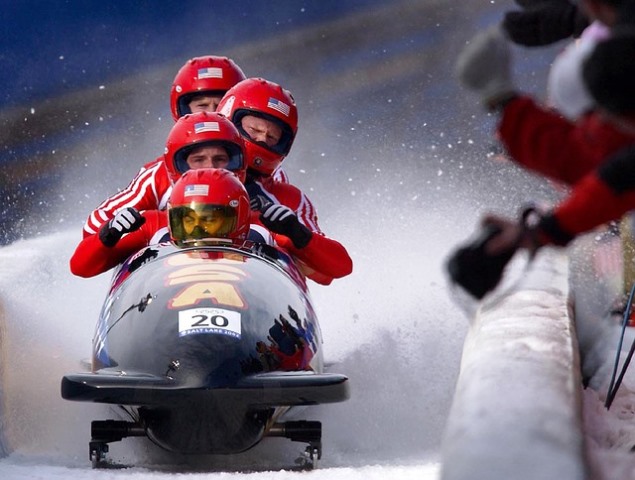 As excitement builds ahead of the Winter Olympic Games that run from Feb. 9 to 25 in PyeongChang, South Korea, PR and marketing professionals may be thinking about campaigns linked to those Olympics. Experts urge them to think again.
As excitement builds ahead of the Winter Olympic Games that run from Feb. 9 to 25 in PyeongChang, South Korea, PR and marketing professionals may be thinking about campaigns linked to those Olympics. Experts urge them to think again.
The United States Olympic Committee (USOC) and International Olympic Committee (IOC) severely restrict what companies can mention regarding the Olympics in their advertising and marketing materials, including social media. Moreover, the committees used cease and desist orders and lawsuits to enforce those restrictions in the past, including the most recent Olympics in Rio de Janeiro.
If you are not a worldwide sponsor, like Coca-Cola, Intel or a few select others, or a PyeongChang Partner, Sponsor or Supplier, or a Team USA Sponsor or Licensee, or if you don’t already have a deal with an Olympic athlete, then you may want to rethink any kind of Olympics promotion, or be very cautious when proceeding, warns Jennifer Hibbs, vice president & interactive account director at digital marketing agency Marden Kane.
No Ambush Marketing
While organizers of the Olympics want to avoid over-commercialization of the games, official sponsors who spend huge amounts for sponsorships don’t want non-sponsors to gain free benefits through so-called ambush marketing tactics. The Olympic Marks and Imagery Usage Handbook defines ambush marketing as “a planned attempt by a third party to associate itself directly or indirectly with the Olympic Games to gain the recognition and benefits associated with being an Olympic Marketing Partner.”
Unless they’re official sponsors, businesses cannot include the Olympic slogans, logo or trademarked words in their marketing or advertising materials. According to the USOC brand usage guidelines, that includes words and phrases like: Olympic, Olympiad, Olympian and Future Olympian, Go for the Gold, Let the Games Begin and many others. Community and educational organizations also face restrictions.
Even worse, brands cannot cheer or congratulate a team or individual athlete. Guidelines do not cover personal accounts. News media outlets are also free to mention trademarked words and phrases as long as they’re not used to promote the publication itself. However, Olympic organizers consider anything posted on a brand’s social media account as promotional. Newsjacking that promotes a business or brand will also incur the wrath of Olympic organizers.
Individuals Need Not Fear Restrictions
“If you are a regular person, you can tweet to your heart’s content,” Fara Sunderji, a partner at the international law firm Dorsey & Whitney, told Campaign US. “But when you’re a brand and you start congratulating athletes, you start creating an association in the minds of the public between your brand and that athlete.”
Businesses can still refer to the Olympics — just very carefully. They can use imagery or generic words not trademarked to that elicit memories and emotions linked to the games without directly infringing on the trademarks, Sunderji says.
Olympic organizers may file hundreds of cease and desist orders as well as lawsuits. The IOC shut down London cafes that used “Olympics” during the last games and prohibited a US-based knitting network from using “Ravelympics” to describe its knitting competition, according to The Conversation.
Brands may learn from online betting company Paddy Power. Paddy Power called itself the official sponsor of “the largest athletics event in London.” The place was London, in France, and the event was an egg-and-spoon race. When the IOC demanded it stop the ads, Paddy Power threatened to challenge the legality of the demand in court and the IOC dropped the complaint.
Bottom Line: Businesses that cite the Winter Olympics in their PR, marketing or advertising materials risk the wrath of Olympic organizers. Even cheering or congratulating athletes on social media can draw legal charges. It’s essential for PR and marketing professionals to understand brand guidelines and be wary of referring to the games in all but the most generic terms.
William J. Comcowich founded and served as CEO of CyberAlert LLC, the predecessor of Glean.info. He is currently serving as Interim CEO and member of the Board of Directors. Glean.info provides customized media monitoring, media measurement and analytics solutions across all types of traditional and social media.




